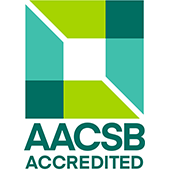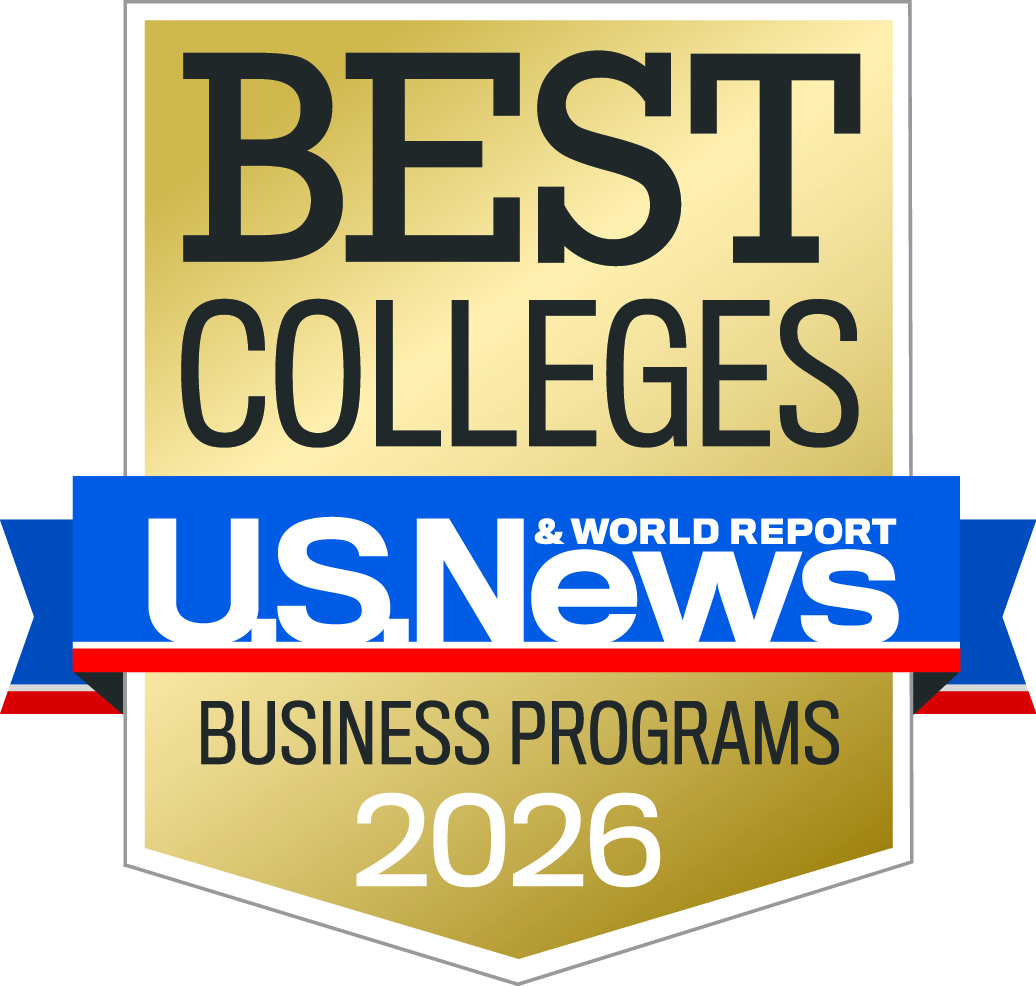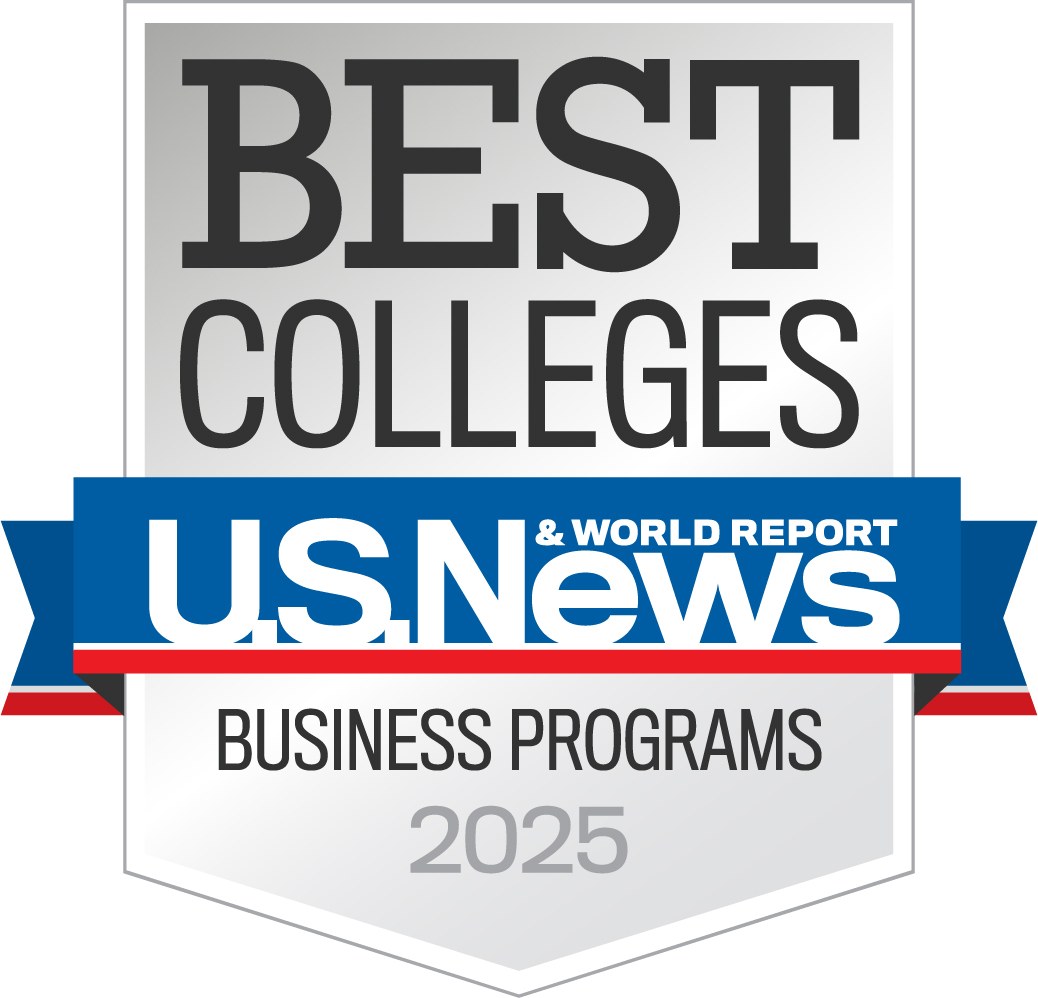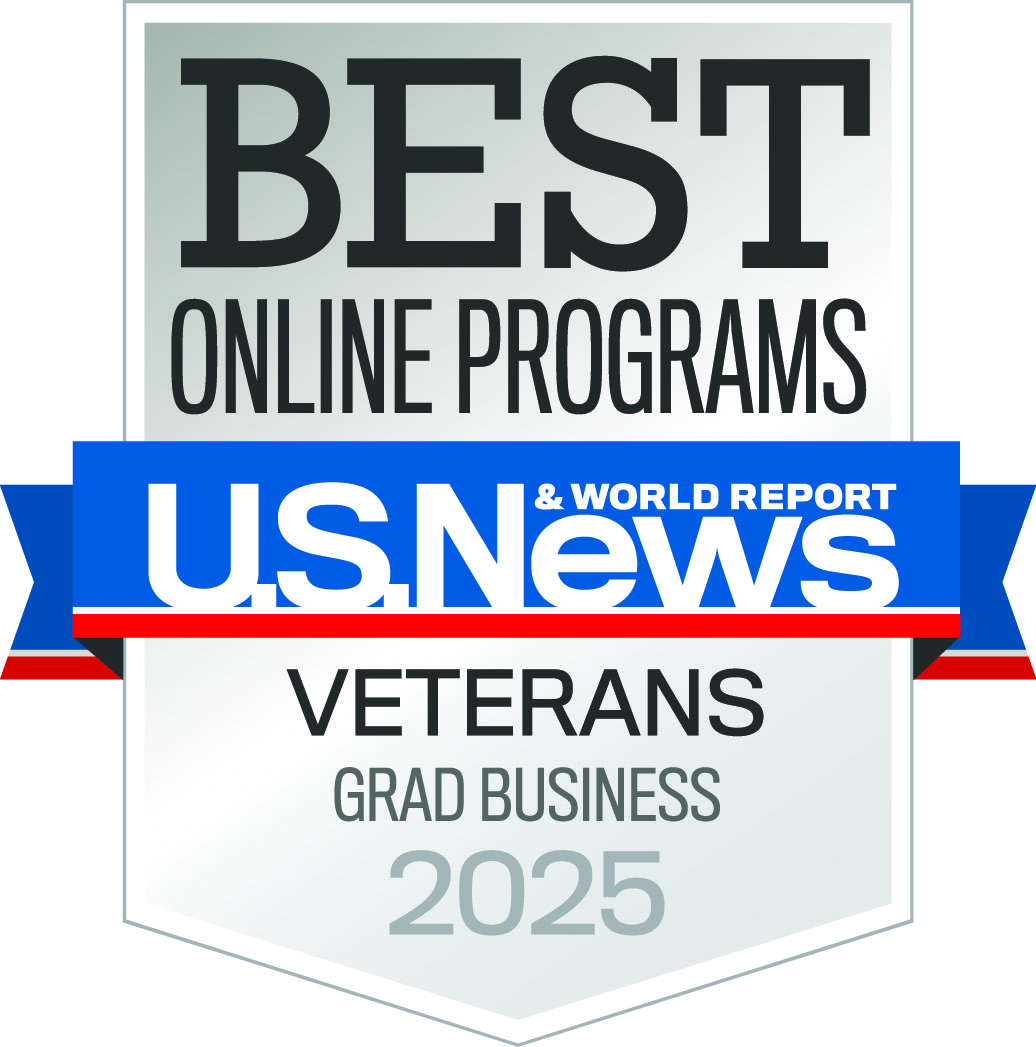
Health Administration Concentration
Alongside the aging U.S. baby boomer population, whose active lifestyles are extending life expectancies, the demand for professionals to meet their healthcare needs is also increasing. A specialization in Health Administration prepares students to provide leadership, vision, and management for healthcare facilities such as hospitals, physician offices, group medical practices, home health care agencies, outpatient clinics, and nursing care providers.
Students who pursue a Health Administration specialization select courses from the list below, or other approved Special Topics courses to fulfill the 12 credit (4 course) elective requirement. Elective course offerings vary by semester. Courses may be offered online or on-campus.
*Certain specializations may vary in cost and schedule from the enrolled program (e.g. some specializations may be only available online or require class attendance outside of the regularly scheduled program times, such as on the weekends).
Introduction to Health Care Systems (HSA 6103)
Introduces students to the field of health services administration and to the responsibilities of managers of health care organizations. Includes an analysis of the history and structure of health delivery systems (i.e. the industry’s organization, the operational characteristics of the main sub-sectors, funding mechanisms, public points of view regarding the provision of health services, and regulatory). Overviews the U.S. healthcare industry with three areas of emphasis: 1) how healthcare works today; 2) the social and cultural forces created by and supporting the current system; and 3) how the U.S. health care delivery system came to be what it is today.
Organizational Behavior in Healthcare (HSA 6118)
Overviews internal operations of healthcare organizations varying from hospitals to nursing homes, outpatient clinics, and assisted living facilities. Examines issues such as physician credentialing, utilization review, quality of clinical care, and accreditation of services.
Provides students with the knowledge and skills for understanding and effectively managing individuals and groups within health services organizations. Draws upon perspectives from organizational theories and organizational behavior to examine management and leadership topics within the unique context of health services organizations.
Planning and Marketing in Healthcare (HSA 6108)
Focuses on the impact and role of strategic planning and marketing on the rapidly evolving U.S. healthcare system, and its impact on the structure and functions of various healthcare organizations. Examines changing patient demographics such as population aging, technological developments in such areas as pharmaceuticals, and government regulation of patient care.
Health Policy (HSA 6152)
Examines the process of formulating and implementing U.S. health policy with emphasis on the utilization of health services research in the policy formulation process at the federal level. Overviews the historic development of health policy in the U.S., the basic machinery, policymaking, and the legal process that underpin individual health care and public health systems. Explores many of the fundamental problems, contemporary issues, and factors that affect future health policy initiatives: basic elements underlying financing, organization, and delivery of healthcare services, Medicare and Medicaid, access to healthcare, and the relationship between the public and private sectors on health policy. Challenges students to think systematically and critically about these issues and the various methods available to public and private policymakers to improve the US healthcare system.
Healthcare Finance (HSA 6175)
Introduces students to the public and private sources of payment for health care in the U.S. Includes Medicare, Medicaid, managed care options and the Patient Protection and Affordable Care Act. Discusses operational and capital budgets, business plans, methods for measuring financial performance and assessing the impact of alternative contractual arrangements with third party payers along with cost effective analysis and ethical methods for strategically removing costs. Identifies finance concepts relevant to health care organization management (DRGs Capitation rates and HMO discounted fee for service, utilization forecasts and prof-forma financial statements, working capital management. valuation for merger and acquisition) as well as the internal and external issues that impact delivery of health care services and their stakeholder groups.
Health Law (HSA 6425)
Examines health law issues affecting healthcare providers. Overviews legal terminology used in health law and discusses legal issues of the U.S. healthcare delivery system (e.g. legal implications of certain health administrative actions) and how to reduce/avoid related liability). Reviews case law decisions, statutes, and regulations involving such issues as patient care liability, malpractice, workmen's compensation, and legal responsibilities of health professionals.
Research Methods for Healthcare Management (HSA 6707)
Introduces students to the function of research in healthcare services (how and why research is conducted and its application in healthcare management). Covers quantitative and qualitative methods for conducting health sciences research and provides an opportunity to practice applying research skills to a current issue in the healthcare field.
Global Issues in Health Care Delivery (HSA 6125)
Offers a comprehensive overview of current global and public health issues. Explores healthcare systems and challenges to population health in selected countries worldwide and investigates and discusses the impact of emerging, re-emerging, communicable and non-communicable diseases.
Medical Practice Management (HSA 6937)
Overviews the complex processes involved in organizing and managing viable medical group practices that can assume and manage the economic risk inherent in health care. Focuses on the strategic components required to build a successful structure, the requisite ongoing operational assessments and the methodologies used to effect change. Covers utilization review, risk management in health care, quality management, the use of outcomes research in improving patient care efficacy and safety, performance management through training and competency in Six Sigma (potential to complete certification for a Green Belt). Provides practical insights into the nature of potential problems and conflicts that arise within medical group practices so students can learn to anticipate issues, resolve actual and potential conflicts, maintain financial viability, produce workable solutions, and apply theory and best practices to the demands of this business environment.
Information Technology in Health Care (HSA 6937)
Discusses various health informatics standards and health information systems including specification and design as well as the system components for a Health Information Systems (i.e. Electronic Medical Records and Patient Health Records). Covers the concepts of interoperability of various healthcare informatics systems, issues and challenges associated with them. Overviews skills needed for collecting, analyzing and summarizing data for decision making, as well as for communicating complex technological information to health care employees at all levels. Discusses the leadership role in managing technological changes in diverse health care organizations.
Human Resources in Healthcare Organizations (HSA 6930)
Addresses the role of human resources in health care organizations and development of these resources, including strategies and tactics for recruitment, management and retention as well as employee performance, engagement, and satisfaction. Provides an overview of key roles that human resource professionals play in planning for workforce needs and how human resource management should be directly aligned with the strategic goals of the organization. Examines organizational behavior and dynamics, the roles and responsibilities of management within health care organizations along with management and leadership principles for helping to navigate change. Discusses theory and practice of managing individuals and groups through motivation, communication, teamwork, collaboration, leadership, organizational change, negotiation, and conflict management and resolution.
Healthcare Operations (HSA 6930)
Provides a foundation of competencies needed by healthcare managers, care providers, operations consultants, and decision-makers in organizations that support healthcare delivery to systematically manage an organization’s healthcare delivery system in ever-changing healthcare environments of limited resources, changing patient demands, and increasing focus on value-for-service and patient-centered care. Discusses evaluating cost, quality, safety and access alongside the challenges of efficiency and effectiveness. Introduces fundamental Operations Management principles in the healthcare services context so students can recognize, diagnose, design, and apply operations concepts to create new and improve existing delivery systems (operations strategy, process management, lean six sigma quality, patient satisfaction, patient safety, supply chain management, and innovation).
















